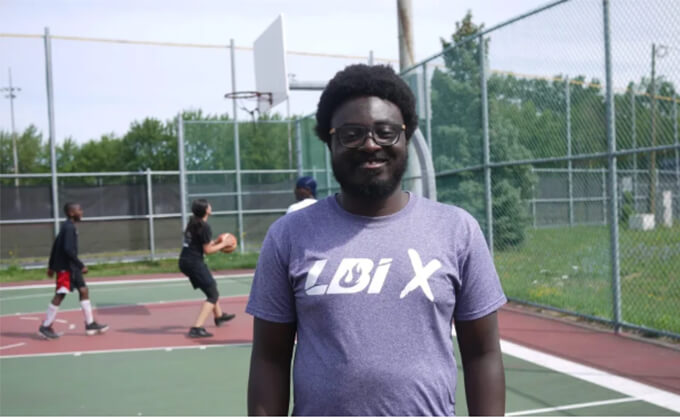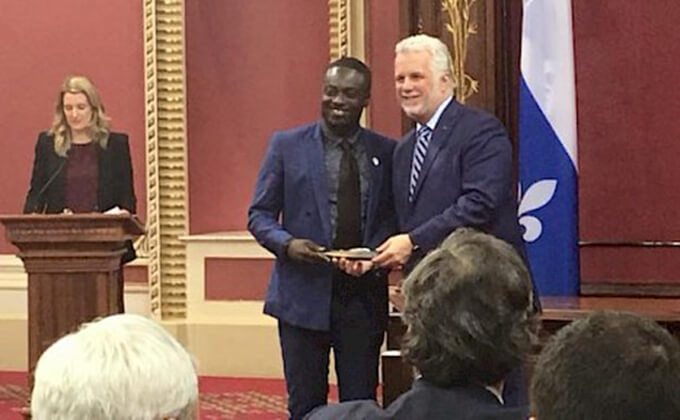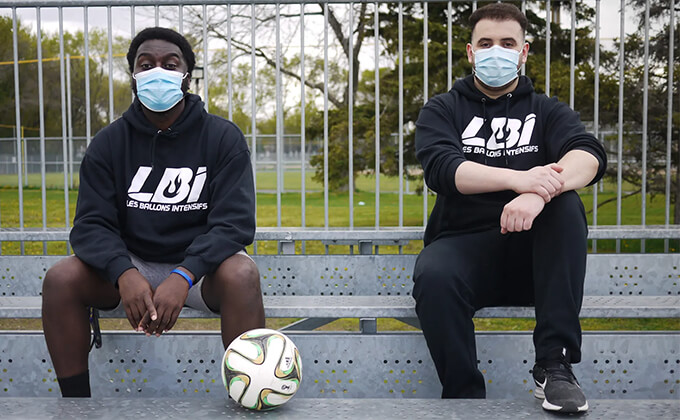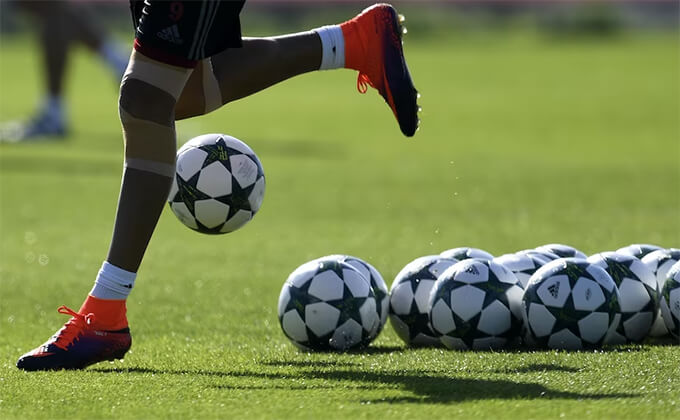Ernest Jr. Edmond
Les Ballons Intensifs
Montreal, QC
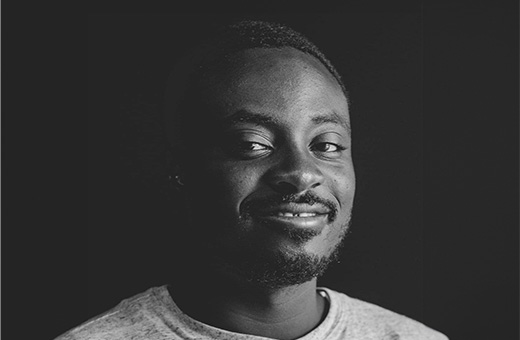
Sector Impact
Children & Youth
A CONTRACT FOR CHANGE, ON AND OFF THE COURT
The Challenge: Too often, civic engagement is a luxury reserved for the affluent. Kids and parents in low-income communities aren’t afforded the role models, training, or opportunities to become agents of change who strengthen their neighbourhoods. As a result, at-risk youth underestimate, and under-utilize, their power to improve their own lives and better their communities — and everyone loses out.

The Solution: Ernest Jr. Edmond created Les Ballons Intensifs (LBI) to help at-risk youth develop personal and civic agency. LBI offers free, top-quality, sports training programs that have youth hustling on the court by 6 AM, and then participating in — and eventually developing and leading — community initiatives in the afternoons. In the process, LBI is redefining engagement and activating a new generation of empowered young community leaders and changemakers.
The power of sport to jumpstart community engagement
With quality training and equipment, a teen on a basketball court can master a crossover dribble or hone their reverse layup. With the same attention to training and quality, says Ernest Jr. Edmond, that teen can also learn how to become a community advocate.
At Les Ballons Intensifs, Ernest and his team combine sports training with civic engagement, empowering youth from low-income and under-served neighbourhoods to become agents of change.
Born in Haiti and raised in Montreal East, Ernest is a firsthand witness to how social inequities disenfranchise residents from community engagement. Without access to meaningful opportunities to get involved, and with no clear path to escape their social conditions, kids from his community were adopting antisocial behaviours. To many, sports seemed like the only real way out — but only a tiny percentage of kids were destined to become elite athletes.
Ernest saw a different way. At LBI, sport is a vehicle for building leadership, accountability, and community. Participating youth and their parents sign a community pact, agreeing to give it their all in both rigourous, high-quality sports training and community well-being initiatives like neighbourhood cleanups, gardening, cultural events, and development workshops. The programs are free, but the coaching and equipment — as well as the expectations — are top quality. “Your environment represents you,” says Ernest. “At LBI, we want all these kids to be the best citizens, and so we need to give them all the best services. It’s not something that should be reserved only for the elite.”
The teambuilding skills LBI youth learn on the court are channeled into community-building skills off it. LBI participants learn how to advocate for themselves, their families, and their communities: for example, generating petitions to install water fountains at local parks, volunteering at community organizations, participating on boards and school councils, even starting their own businesses and not-for-profits.
“These kids are used to seeing themselves as the problem: as the racialized kids playing basketball in the park at night and getting up to no good, as the recipients of other people’s decisions and charity,” says Ernest. “We’re changing that narrative. LBI youth are learning to see themselves as leaders. These kids are in the park, in public spaces, in bright daylight. They’re engaged, they’re meeting people in their neighbourhoods, they’re working hard, they’re smiling, they’re making a real difference — and they like it. We are redefining what it means to be engaged.”
